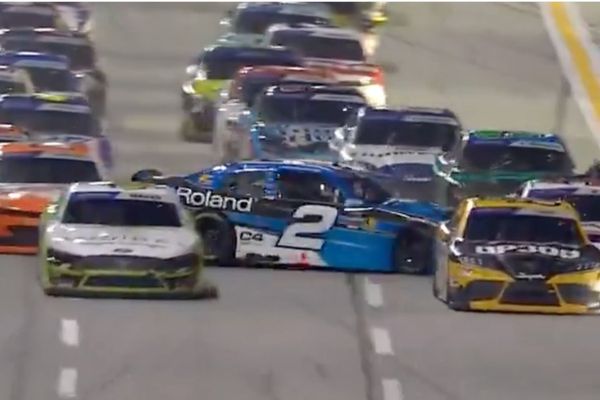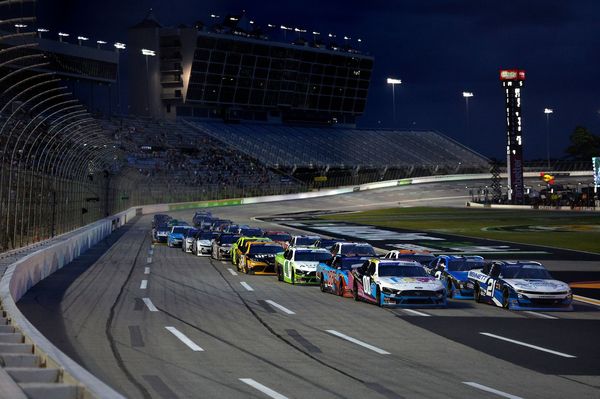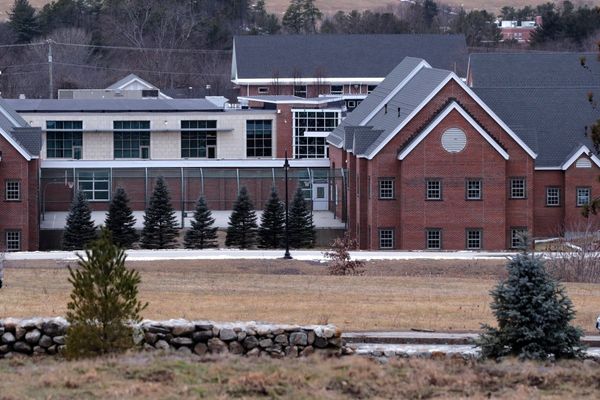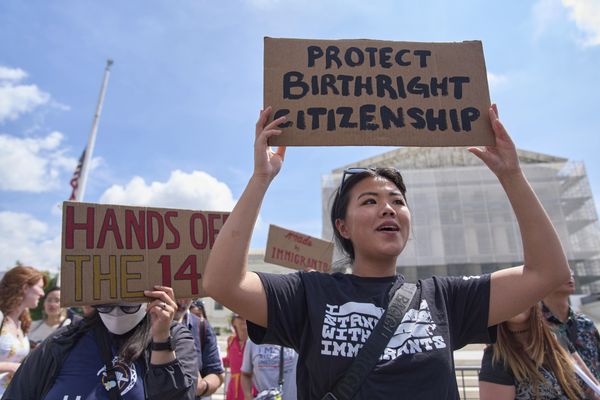
Hong Kong celebrities and influencers are being sought by officials to boost the city’s sluggish Covid-19 vaccination drive, with communication veterans underscoring the importance of leveraging on “credible” figures amid distrust in the government.
Executive councillor Dr Lam Ching-choi, a member of Chief Executive Carrie Lam Cheng Yuet-ngor’s de facto cabinet, revealed the plan to the Post on Tuesday after a health expert called on authorities to consider asking rising local pop star Keung To to urge residents to get the jabs.
“According to my understanding, the government is finding some KOLs [key opinion leaders] and artists to help,” Lam said without revealing potential names on the list. “Having Keung To is possible if he is willing.”
Confirming the plan, a government spokesman said the administration was partnering with different broadcasters to produce content involving KOLs and artists as part of publicity efforts.
The Post has contacted Keung’s manager for comment.
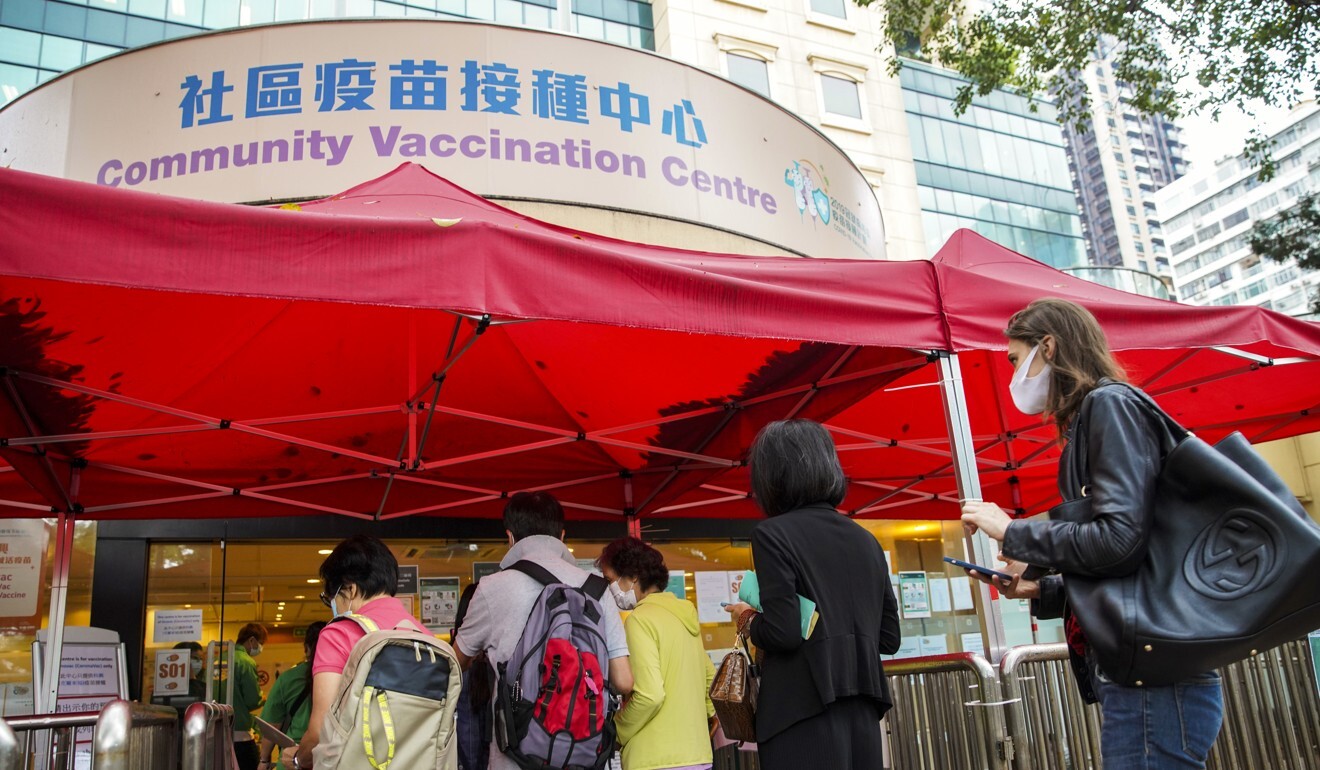
Since the inoculation programme launched in late February, officials, politicians and experts have taken the lead to get vaccinated, while the government has posted social media videos featuring people from all walks of life sharing why they decided to get the jabs.
Secretary for the Civil Service Patrick Nip Tak-kuen last month put up photos of actor Steven Ma Chun-wai getting vaccinated on Facebook but that post only drew some 160 likes.
By Tuesday, just 989,726 people, or 13.2 per cent of the city’s 7.5 million residents had received their first vaccine dose. Of this group, 573,028, or 7.6 per cent of the population, have been fully vaccinated.
The city is bracing for further Covid-19 threats, with eight cases of mutant strains detected in the community so far.
On Tuesday, University of Hong Kong microbiologist Dr Ho Pak-leung ramped up his appeal to urge residents to get vaccinated, bringing Keung’s name into the public health arena.
“The government can think about asking some popular singers or figures such as Keung To to come out and say a few words, or post something on their Instagram to encourage residents to get vaccinated,” he told a radio show.
Keung’s manager told a local newspaper that no one had reached out to the singer on such a collaboration and he had not yet decided whether he would get the jabs.
Back from the dead? Hong Kong bars barely coping with rules cocktail
Keung, 22, is one of the most popular stars among a new generation of Canto-pop idols, and a member of 12-piece boy band Mirror. He is currently an ambassador for a private sector drive against prevention of the human papillomavirus (HPV).
On the first day of 2021, he broke industry records by becoming the youngest person to win two coveted prizes – “My Favourite Male Singer” and “My Favourite Song” – at Commercial Radio’s Ultimate Song Chart Awards.
Last Friday, the star’s birthday drew throngs of fans in Causeway Bay to celebrate the occasion, marking a revival in interest for local pop idols.
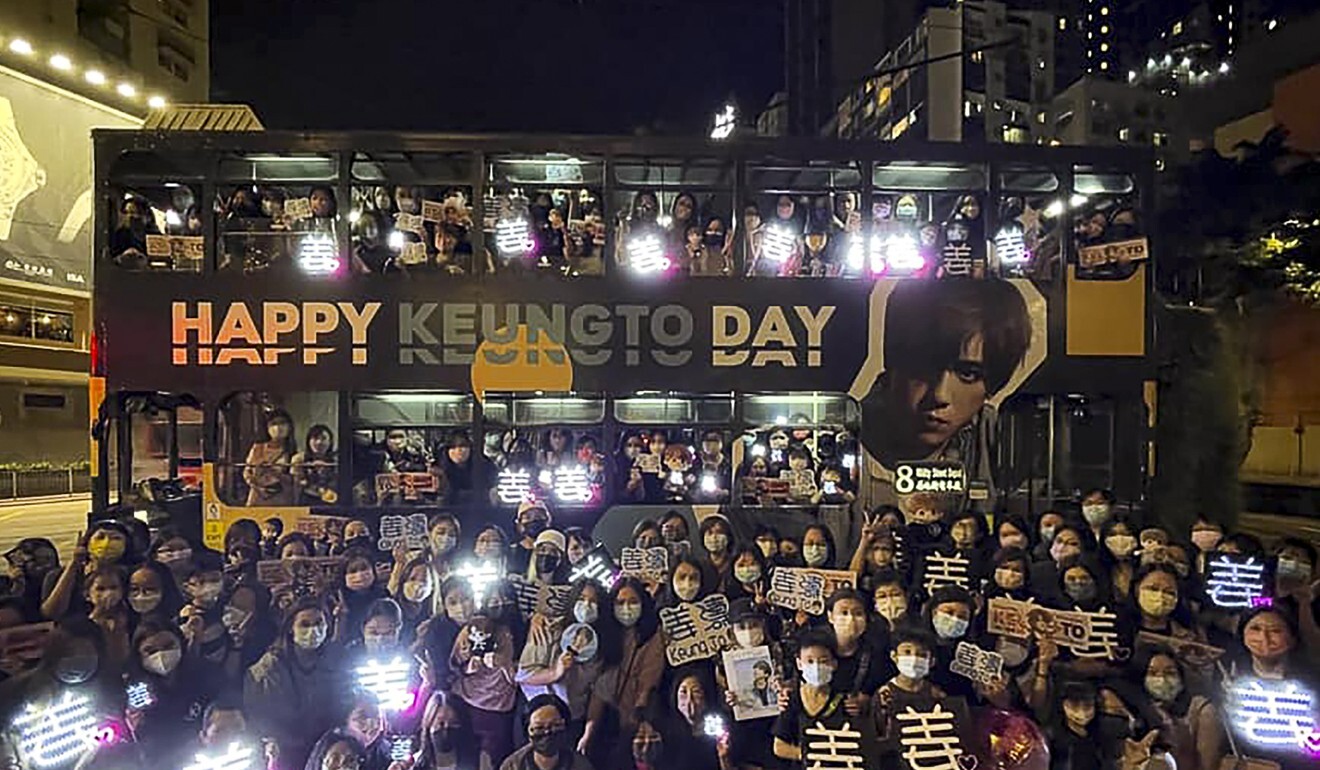
But veteran communications strategist Andy Ho On-tat, who served as former chief executive Donald Tsang Yam-kuen’s information coordinator from 2006 to 2012, raised doubts over inviting Keung to endorse the vaccination drive.
“You have to consider pull and push factors. The push factor stemming from the government is way bigger than the pull of Keung To,” Ho said.
Ho said the government could still not explain clearly the benefits of vaccination. He suggested officials conduct a study on why different age groups were still hesitant, and identify figures deemed credible by the public.
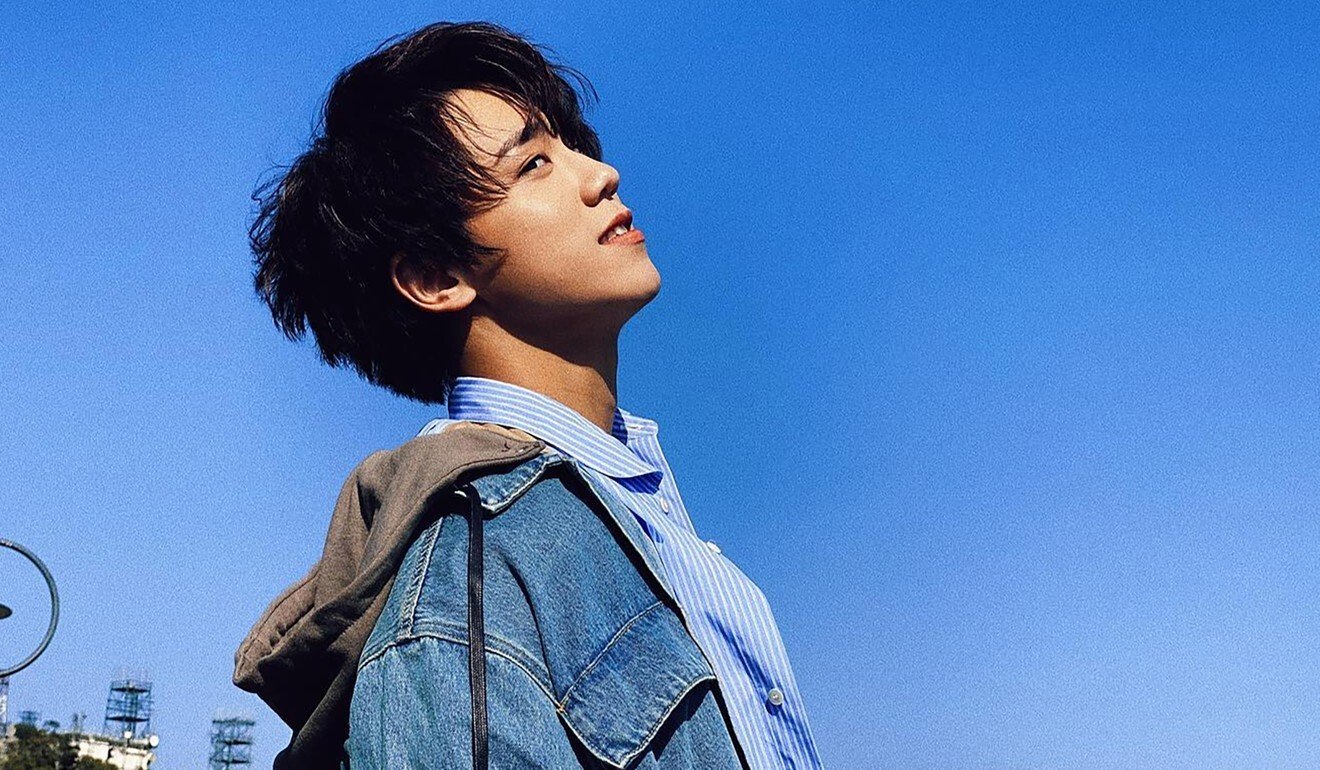
“I believe they can quickly find out that some figures such as [health secretary] Sophia Chan Siu-chee, [labour minister] Law Chi-kwong, the chief executive and Chief Secretary Matthew Cheung will create a counterproductive effect,” he said.
Ho suggested that if his observations were accurate, other public names should promote the health messages instead.
“It’s not just about credibility, but also likeability. If Ho Pak-leung and the chief executive speak the same sentence, the effects may be very different,” he said.
Veteran marketing consultant Vincent Tsui felt inviting Keung could attract some people as the government’s promotional efforts were still relatively traditional.
“Keung’s influence is big. It has been a long while since Hong Kong had a star that can create such a feverish high,” he said, noting dozens of advertisements lately that carried the singer’s face.
He noted when billionaire Li Ka-shing made a public statement about getting a jab, that had boosted confidence among some in the middle class. Tsui urged officials to leverage on intellectual thought leaders who were not obviously affiliated with authorities or the pro-establishment camp.
“The reason people are not willing to get vaccinated is likely to be their low trust level in our government. So the promotion campaign should pinpoint the trust problem,” he said.
“You can only leverage on those who are more credible.”
